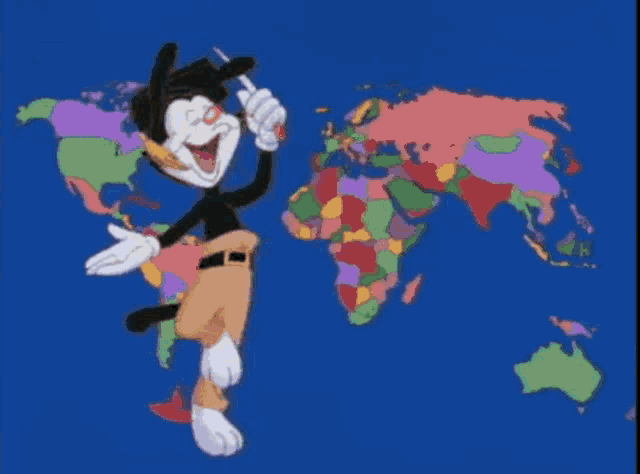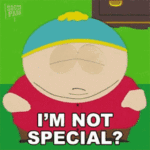I remember being in sixth grade and excited to compete in a geography tournament. For the first round, you needed to be able to label 48/50 states correctly. I got 48 (because I switched North and South Carolina. Seriously.)

I am hazy on the next steps, but I believe it was to memorize all the capitals. I passed. Then, it was a series of geography multiple-choice questions. I had no idea what most of them were asking. I felt embarrassed even to be taking the test. But I figured no kids could do that well on it, so even a bad score would be ok.

Now I know my oldest. They love the geopolitical world so much that they play historical grand strategy games like Europa IV. I am homeschooling them for their eighth-grade year and want to focus on making it enjoyable. So we study history and geography. It dawned on me that they would probably love to compete in the geography world.

No More Geography Bee
Before the pandemic, there was a National Geographic Bee. Once I discovered this no longer existed, I assumed nothing was available for them. I continued to dig and learn about the International Geography Bee and its feeder events provided by International Academic Competitions. I started to feel like Charlie from It’s Always Sunny.

There are different Geography Bees for different age ranges and two different tracks. For example, middle schoolers can compete in the National Championships in elementary or middle school and the Junior Varsity National Championships. Based on these results, they can compete in the International Geography Championships but not in the International Geography Olympiad, which requires you to be at least 16.

One might assume that you pay some money to attend these competitions. But before the regionals, there are online qualifiers.
I knew they would love to test their geography knowledge.
There are three sets of questions, and all you have to do is get a passing score on one. You only get 10 minutes to answer 50 questions. On the first and only test they took, they got 49 right in three minutes.

This competition was for them.
They did almost as well in history and reasonably well in science, so they qualified for the regional finals. They then tried to take the high school-level qualifiers for the same events but could only be eligible for Geography. So they could go to the high school nationals in Washington, DC, before even going to the middle school regionals in Saint Louis.

They qualified for two different events at the Junior Varsity Nationals: the US Geography Bee and the International Geography Bee. You would think the differences would be as simple as one being about US geography and one being about world geography.

Wrong.
The US competition is not just about human geography in the United States of America. It includes geology and earth science, such as volcanoes and earthquakes. These are not things that excite my child. It is a series of written exams, not a buzzer-based competition like the regionals and the International Geography Bee.

High School Nationals
My oldest’s first competition was in a Marriott hotel in Virginia. They didn’t know what to expect, but they knew their geography. Most of their competitors were two years older than them. They struggled to identify rocks and volcanoes and were out-buzzed by more experienced players.
They finished 31st out of 43 in the US Geography Championship and 46th out of 63 in the International Geography Bee.

Middle School Nationals
When my Dad planned a big family trip to Disney World in June of 2022, he had no idea that the week he scheduled it for would make it so we would be in town for the National Academic Competitions, but it is a magical place.

On Friday, they took a Historical Geography Exam and finished 8th out of 31 competitors. Unfortunately, that was their best result. Since we were there, they decided to compete in all the buzzer-based events they could.
Their preliminary round results:
- 84th of 119 in the Natural History Bee
- 26th of 32 in the US History Bee
- 61st of 96 in the Science Bee
- 21st of 30 in the Academic Bee
- 13th of 114 in the International Geography Bee
The International Geography Bee Octo-Finals
Their results in the Geography Bee gave us hope that they could make the finals, possibly as they were hanging with the young man who finished in fourth place. They took 72 people into the “Octo-Finals.” Twelve rooms of six competitors, the top three moving on to the next round. Scoring changed dramatically, though. Instead of one point per correct answer, you could get between three and six depending on when you answered the question: the earlier, the more points. However, you also lost a point if you gave an incorrect answer and two points if you gave a wrong answer while the question was still being read.
I told them to be conservative as they tend to be overconfident.

Their score throughout the round:
-1 (-1) | -1 (-2) | -1 (-3) | +3 (0) | -1 (-1) | +3 (2) | -2 (0) | -2 (-2) | 4 (2)
They would have finished second if he had not gotten any questions wrong. But instead, they finished fifth. They were the second most knowledgeable in the room, but they struggled as the moderator had a terrible time trying to pronounce words. They were also getting buzzed by the other side of the table.
They were in shock like a three-seed being upset by a 14-seed in March Madness.

It happens, but you never want it to happen to your child. Unfortunately, you don’t have the words to explain that just because they knew more doesn’t mean they get to move on.
Hopefully, they will have more enjoyable experiences in Vermont for the International Geography Championships this week.


